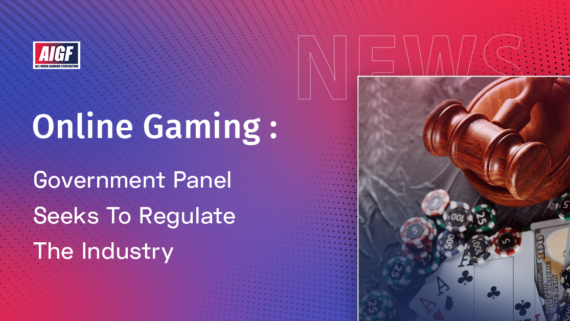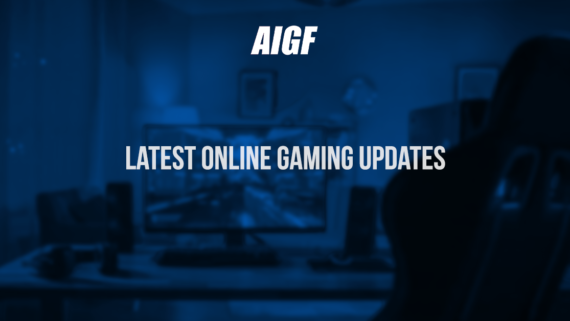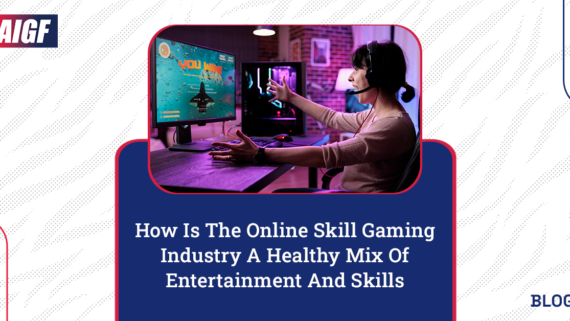The state of Karnataka allowed online games of skill played for stakes; and remarkably, just denied all types of betting or wagering regarding any games of chance. Be that as it may, the Gaming Act presently has changed the term ‘gaming’ to include online games including all types of betting and wagering.
Karnataka’s Amendment To Its Gaming Laws: What’s At ‘Stake’ For Online Gaming Companies?
The Karnataka Government was the new southern State disallowing all types of online games including financial stakes.
Strangely, this State law comes when the Madras High Court explained that games of skill that can be played online for stakes, can’t be classified as wagering or betting. Further, the Madras High Court struck down the general restriction on games of skill according to the new changes to the Tamil Nadu gaming laws; and expressed that such a boycott was ultra vires the Constitution and was an ‘excessive and misappropriate’ exercise of power.
So why has the as of late informed Karnataka Police (Amendment) Act, 2021 (‘Gaming Act’) made such a mix in the online gaming industry; and went against conspicuous industry bodies, for example, the All India Gaming Federation and Federation of Indian Fantasy Sports?
The worries are two-overlay: first and foremost, the Gaming Act currently forbids all types of gaming that incorporate betting or wagering, including games of skill; furthermore, the Gaming Act is likewise dubious according to the activity and facilitating of such online gaming platforms from Karnataka.
Up until the new amendment, the State of Karnataka allowed online games of skill played for stakes; and remarkably, just denied all types of betting or wagering regarding any games of chance. Be that as it may, the Gaming Act presently has changed the term ‘gaming’ to include online games including all types of betting and wagering. Further, the terms ‘betting or wagering’ have additionally been revised to include ‘any act of gambling money or in any case on an obscure outcome including for a game of skill’. Generally, this would mean any game (even skill-based) which includes a client placing in money to take an interest in a game (even money paid as ‘enrolment fees’ or ‘entry fees’ to take part); and getting an opportunity to win money.
Throughout the long term, courts have made attempts to make an unmistakable differentiation between games of skill and games of chance. Taking into account that the courts have completed this activity after sanely interpreting the terms ‘games of chance’ and ‘games of skill’, through the Gaming Act, the Karnataka Government puts the State’s economy at a back foot, by restricting any game which includes the act of gambling cash and making the Gaming Act arbitrary.
Another amendment that has made concern the gaming industry is the amendment to the definition made to ‘instruments of gaming’, which presently, likewise includes computers, computer systems, mobile apps, internet or cyberspace, virtual platforms, software, accessories, and so on utilized as a subject or method for gaming. Thinking about the expansive development of the definition, there is the absence of clearness on whether computer resources used to have or work online gaming platforms i.e., utilized as a subject or method for gaming – would be considered ‘instruments of gaming’, regardless of whether such platforms are not offered or accessible to clients in Karnataka.
Further, if the platform is considered as an ‘instrument of gaming’, the spot wherein these computer resources are arranged or put away would establish ‘normal gaming houses’. This would straightforwardly affect online gaming organizations with workplaces and servers in Karnataka since such places would be viewed as a ‘typical gaming house’. Outstandingly, the Gaming Act makes the activity of a typical gaming house a punishable offense; and such offense being a cognizable offense; gives the police the option to start the activity without a warrant or earlier approval by a magistrate.
The Government should explain that gaming organizations can keep on working their business inside Karnataka, so long as the gaming organizations don’t give online gaming to users in Karnataka. In case there is no explanation given, gaming organizations would hope to move their activities outside of Karnataka, which impacts the economy of the State; however, may likewise be seen as a violation of their principal right to practice any trade. The uncertainty in the meaning of ‘instruments of gaming’ further elevates the fear of gaming organizations to work inside Karnataka, since the police are not prepared in legal understanding of the law; and there is a danger where the police might even consider working the gaming platform to be in resistance under the Gaming Act and may utilize their forces to limit gaming organizations’ operations in Karnataka.
As per the strict prohibition and vague language in the Gaming Act, it very well might be interesting to perceive how gaming organizations rebuild their activities in Karnataka and take into account the users of Karnataka. Notwithstanding, passing by ongoing patterns, where courts have stressed on the way that games of skill, regardless of whether playing for stakes, ought not to be considered as a type of betting or wagering; almost certainly, the Gaming Act may likewise be challenged before the Karnataka High Court. Truth be told, the All Indian Gaming Federation, Mobile Premier League; and three different petitioners from the gaming business, have, as of late-filed a writ appeal before the Karnataka High Court against the State’s Gaming Act. What is to emerge from this appeal? This would be a pause and watch circumstance. Nonetheless, it very well might be useful for the State Government to reevaluate its situation corresponding to the Gaming Act, after taking input from the gaming business players, to guarantee that the Gaming Act is adjusted. This difficult exercise should be possible with a concentration to diminish gaming addiction; and yet, likewise remember that the law must (i) not sway people’s occupation, i.e., those people who are ‘proficient gamers’, that play games of skill for stakes, inside a well – set up a set of rules and guidelines set somewhere near the gaming business; or disregard a singular’s principal right to trade.
Credits: Mondaq











Comments
Comments are closed.